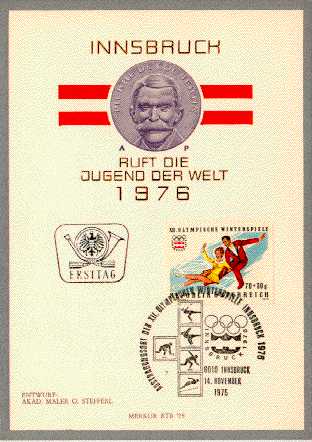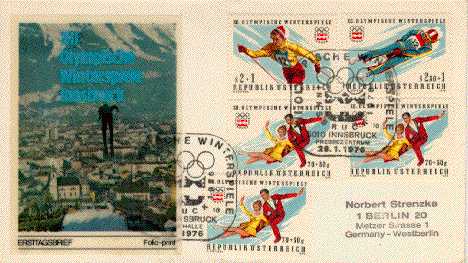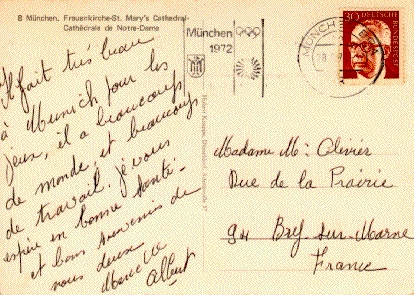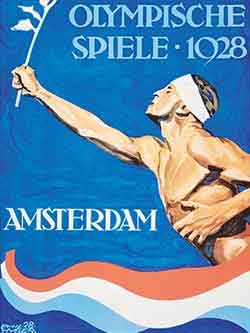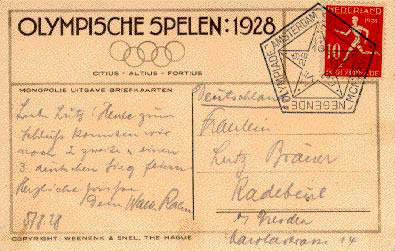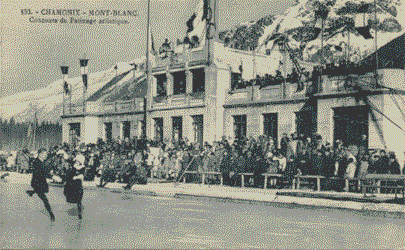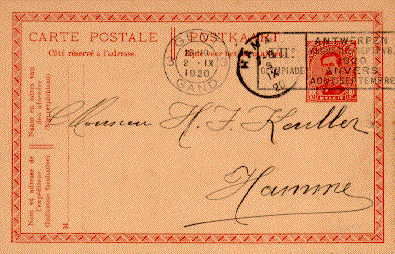

The 1976 Winter Olympics were awarded to the U.S. city of Denver, but the people of the state of Colorado voted to prohibit public funds from being used to support the Games. Innsbruck stepped in and hosted the Games only 12 years after its last Olympics. Rosi Mittermaier won two of the three Alpine skiing events and almost became the first woman to sweep all three events. But in the final race, Kathy Kreiner beat her by 12 hundredths of a second.


The ice hockey team from the USSR won its fourth straight gold medal. A new figure skating event, ice dancing, was added to the programme and, like the pairs, it was dominated by Russian couples. The most memorable image of the Games was Franz Klammer flying wildly down the downhill course, barely keeping control, on his way to a gold medal.


 Dates : February 4 to 15
Dates : February 4 to 15Participating N.O.C.: 37
Number of Sports : 6
Number of Events : 37
Number of Athletes : 1354
Men : 1123
Women : 231
Opening : Dr Rudolf Kirchshläger, Président de la République
Oath : Werner Delle-Karth
Oath for officials : Willy Köstinger
Final Torch Bearers : Christl Haas et Josef Feistmantl
Candidates cities : Denver (USA), Sion (SUI), Tampere/Are (FIN) et Vancouver (CAN)

